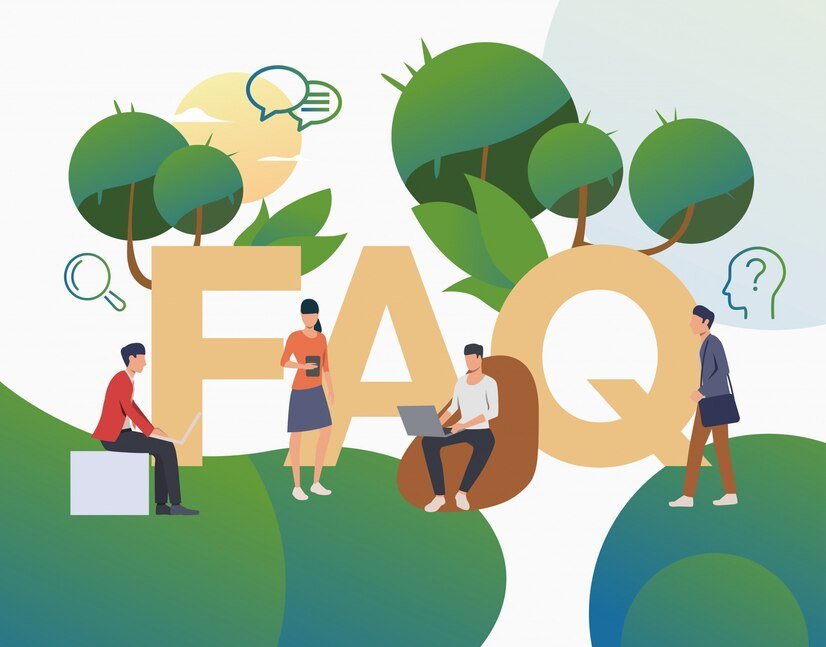CBD Oil for Anxiety Managing Generalized Anxiety Disorder (GAD): A Comprehensive Guide
Generalized anxiety disorder (GAD) affects millions of people worldwide, causing persistent, excessive worry that can interfere with daily life. Traditional treatments—such as SSRIs,…
Table of contents
Generalized anxiety disorder (GAD) affects millions of people worldwide, causing persistent, excessive worry that can interfere with daily life. Traditional treatments—such as SSRIs, benzodiazepines, and cognitive behavioral therapy—help many, but side effects, delayed onset, or incomplete relief leave some seeking alternatives. CBD oil for anxiety Managing GAD has emerged as a promising natural option. In this deep‐dive, we’ll explore how CBD works, review the latest research, share dosing strategies, and equip you to decide if CBD oil could be part of your anxiety management plan.
What Is Generalized Anxiety Disorder (GAD)?
GAD is characterized by:
- Excessive, uncontrollable worry across multiple life domains
- Physical symptoms: restlessness, muscle tension, fatigue
- Cognitive impacts: difficulty concentrating, irritability
- Sleep disturbances
Unlike situational anxiety, GAD is chronic and often requires ongoing treatment. Many patients experience partial relief with medications, but seek additional tools—like CBD—to enhance their well‐being.
How CBD Oil for Anxiety Managing GAD Works
Cannabidiol (CBD) interacts with the body’s endocannabinoid system (ECS), which regulates mood, stress response, and neural excitability. Key mechanisms include:
- Serotonin Receptor Modulation
CBD acts as a partial agonist at 5-HT₁A receptors, similar to some SSRIs, boosting serotonin signaling tied to mood and anxiety regulation. - GABAergic Enhancement
Though indirect, CBD may enhance GABA activity, the brain’s primary inhibitory neurotransmitter, promoting calm neural activity. - HPA Axis Regulation
CBD can blunt cortisol release during stress, preventing overactivation of the hypothalamic-pituitary-adrenal axis. - Neuroinflammation Reduction
Anti‐inflammatory effects of CBD lower neuroinflammatory markers that correlate with anxiety and depression.
By targeting multiple pathways, cbd oil for anxiety Managing offers a multifaceted approach to GAD symptom relief.
Evidence from Clinical and Preclinical Studies
Preclinical Models
- Rodent anxiety tests (elevated plus maze, light-dark box) show reduced anxiety‐like behavior with low‐to‐moderate CBD doses (1–10 mg/kg).
Human Trials
- Social anxiety: 600 mg CBD reduced anxiety and cognitive impairment during a public speaking test in SAD patients (2009).
- GAD pilot study: 300 mg/day CBD for four weeks improved anxiety and sleep scores in treatment‐resistant patients.
- PTSD study: Adjunctive CBD (33–50 mg/day) decreased symptom severity and improved sleep in veterans.
While results are promising, GAD‐specific large‐scale RCTs remain limited, underscoring the need for further research.
Choosing the Right CBD Oil for GAD
- Spectrum Type
- Full‐Spectrum: Contains trace THC (<0.3%), other cannabinoids, and terpenes for the entourage effect—often more potent at lower doses.
- Broad‐Spectrum: All cannabinoids and terpenes minus THC—ideal if you need zero THC.
- Isolate: Pure CBD; predictable dosing but lacks synergistic compounds.
- Potency
- Mild anxiety: 10–20 mg/day
- Moderate GAD: 20–50 mg/day
- Severe GAD: 50–100+ mg/day
Start low and titrate up in 5–10 mg increments.
- Extraction Method
CO₂ extraction ensures purity without harmful solvents. Always verify third‐party lab results for cannabinoid profile and contaminants. - Carrier Oil
MCT oil enhances bioavailability; consider additional calming botanicals (e.g., L‑theanine) if formulated.
How to Incorporate CBD Oil into Your Routine
- Sublingual Dosing: Hold oil under tongue for 60 seconds before swallowing for rapid absorption (15–45 minutes onset).
- Consistency: Take at the same times daily to maintain steady ECS support—ideally morning and early evening.
- Monitoring: Keep a journal of dose, timing, and anxiety levels to fine‐tune your regimen.
- Lifestyle Integration: Pair CBD with therapy, mindfulness, exercise, and sleep hygiene for synergistic benefit.
Safety and Side Effects
CBD is generally well‐tolerated. Possible mild side effects include:
- Dry mouth
- Drowsiness (reduce dose if excessive)
- GI upset
- Changes in appetite
CBD can interact with medications metabolized by CYP450 enzymes (e.g., SSRIs, beta‐blockers). Always consult a healthcare professional before using cbd oil for anxiety Managing GAD.
FAQs: CBD Oil for Anxiety Managing GAD

1. How long does CBD oil take to relieve anxiety?
Effects can be felt within 15–45 minutes sublingually; consistent daily use often yields better long‐term relief.
2. Can CBD oil replace my anxiety medication?
CBD may complement but should not substitute prescription meds without medical supervision.
3. Will CBD oil make me feel “high”?
No—CBD is non‐psychoactive. Full‐spectrum oils contain trace THC (<0.3%) below psychoactive levels.
4. How do I find my optimal dose?
Start with 10 mg/day, increase by 5–10 mg weekly, and track improvements in anxiety and side effects.
5. Is CBD oil addictive?
No. CBD has no known abuse potential and does not cause dependence.
Managing GAD can be challenging, but cbd oil for anxiety Managing provides a promising, natural adjunct to conventional therapies. By understanding its mechanisms, choosing high‐quality products, and integrating mindful lifestyle practices, you can craft a comprehensive strategy for sustained anxiety relief and improved well‐being.







